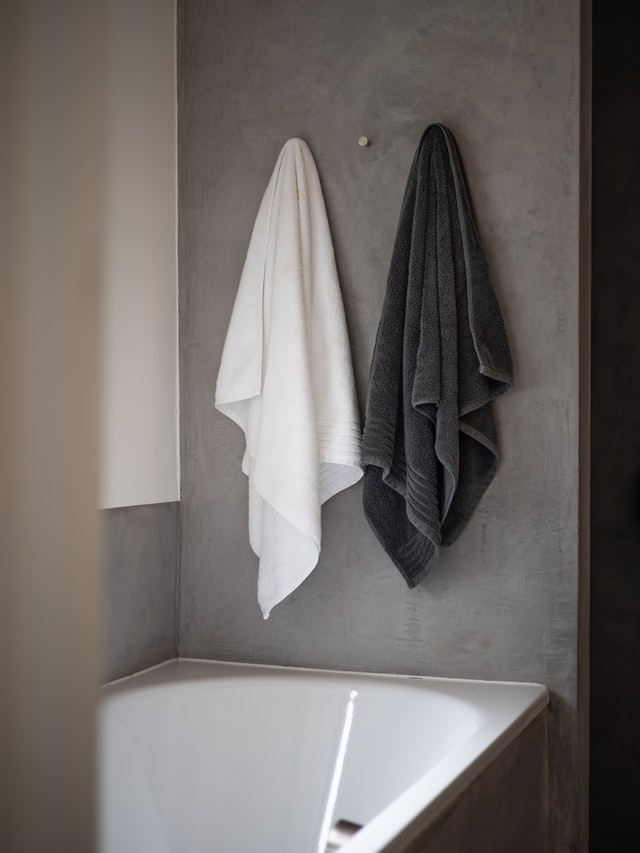Many people sleep less than the recommended hours and are under-performing at work due to sleep deprivation. A good night’s sleep includes both the quantity and quality of your slumber.
Pulling an all-nighter may provide short-term results, but regularly skipping sleep can be detrimental to your ability to focus and to perform higher-level brain functions for the days to come.
It is essential to give your body the restorative rest it deserves. Here are four ways to improve your sleep.
#1: REDUCE YOUR EXPOSURE TO LED LIGHTS
Exposure to LED lights inhibits the increase in sleepiness during nighttime. Aside from watching television, using your hand phones and tablets before you go to sleep can suppress melatonin levels. Melatonin is a hormone primarily released by the pineal gland at night. It has long been associated with the control of the sleep–wake cycle. Thus, having a lamp with a lower color temperature is recommended at night.
#2: AVOID DRINKING CAFFEINE
Caffeine is a strong stimulant that can interfere sleep. It can increase your adrenaline production and block sleep-inducing chemicals in the brain. Get better sleep at night by avoiding the consumption of caffeine. The National Sleep Foundation recommends avoiding coffee, tea, chocolate, and soft drinks before bedtime.
Apart from coffee and tea, chocolate contains caffeine in varying degrees. A dark chocolate bar may have about 30 milligrams of caffeine. This is equivalent to the caffeine content in a cup of instant tea.
Chocolate has other stimulants too! One of its stimulants is theobromine. Theobromine is the compound that makes chocolates dangerous for cats and dogs. Theobromine, found in small amounts in chocolate, increases heart rate and causes sleeplessness.
#3: HAVE A CONDUCIVE SLEEPING ENVIRONMENT
Ensure that your bedroom is welcoming and relaxing. Remove unnecessary distractions like the television and other devices with blue light. Moreover, you must keep the room temperature cool and use curtains to block the natural light. Natural light can keep you awake, while blue light will disrupt your sleep.
#4: CREATE A SLEEPING ROUTINE
Sleeping routines can improve the length and quality of sleep. Getting a good night’s sleep is vital to maintaining long-term healthy habits. Enjoying a quality slumber is free and is perhaps the most budget-friendly step you can take towards wellness.
At least 6 to 8 hours of sleep is ideal for teens and adults. Learn how much sleep you really need and maintain a consistent sleep schedule. Then, set up a conducive sleeping environment without distractions. You can also develop a curfew for your electronics usage.

Image Credits: unsplash.com
Please reduce the intake of caffeine and avoid physical activity before you go to bed. Practice calming activities such as taking a warm bath or listening to relaxing music instead.
Have a wonderful rest!

